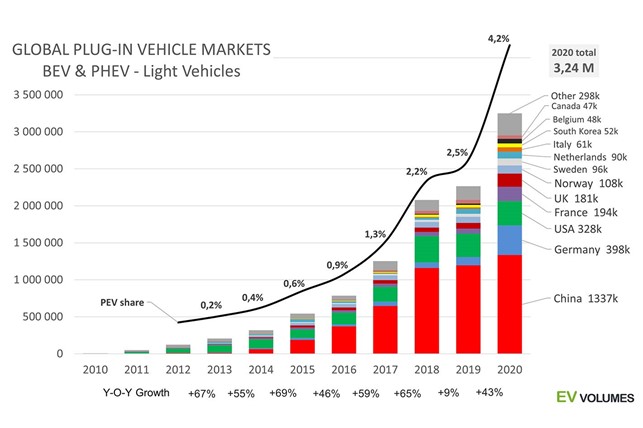News
The Road Ahead is Paved With Innovation
The move to sustainability in construction and infrastructure is a trend that is inevitable and welcomed by the team at Civil Project Partners. We asked the team to tell us about the innovations and trends that they see becoming a reality for projects in the years ahead.
The Road Ahead is Paved With Innovation – Andres Rodriguez
Andres Rodriguez believes that the use of intelligent technology in road design is an area that can support sustainability.
Although we were promised flying cars by The Jetsons and Back to The Future, the reality is that for a long time into the future, we will need roads. However, the nature of the vehicles that use them and the technologies that enable them will differ from what we see today. Part of the transition is already happening with the rapid increase in the adoption of battery electric vehicles (BEV) and plug-in hybrid vehicles (PHEV), which have seen significant global sales growth in recent years[1].
In Australia, we have seen growth in hybrid vehicle sales, with the Federal Chamber of Automotive Industries reporting 1769 electric vehicles were as sold in 2020, an increase of 16.2 per cent compared with 1523 delivered in 2019[2].

This is a trend that will continue, driven by:
- Improved infrastructure – charging station roll-out and coverage
- Electric/hybrid technology costs falling as demand grows
- Competition from new models and brands entering the market
- Improved vehicle range and performance
However, the vehicle’s sustainability is only one element of change and, for me, one that is not as exciting as the opportunity for road infrastructure to use technologies that support sustainability. From my research, there are two areas of technology use that I believe can make a difference without requiring whole scale changes to the nature of road construction:
- Photovoltaic Road Surfaces – Except for the induction charging line, many of the technologies we consider when using the sun’s energy for power generation are commercially feasible. Technologies for photovoltaic generation on road surfaces exist already, and even thermophotovoltaic systems are available to take advantage of heat differentials. It seems of great benefit to be able to reuse heat accumulated on surface roads by the sun and friction of tyres.
- Getting Smart With Signage – Wireless sensors, wind-powered signs and electroluminescent paint are common and widely used technologies nowadays. Each one can be applied to either make a road smarter and, therefore, potentially more efficient or to remove significant energy use across millions of kilometres of a nation’s road network.
Simplicity Overcoming Cost
I am excited about the potential innovations in road design because if you remove the extra cost of devices, the new technologies don’t represent a significant change in current practices of road construction. Roads would still work the same way as today, and to my mind, implementing such technologies would be no different to how solar-powered signs and lights and detector loops were rolled out in the recent past.
And with potential savings through improved road efficiency and reduced costs, the additional expenses associated with devices and data may well be negated or even become cost beneficial.
[1] https://www.whichcar.com.au/car-news/global-electric-vehicle-sales-2020
[2] https://www.caradvice.com.au/913105/vfacts-2020-record-year-for-hybrids-electric-cars-0-2-per-cent-of-sales/
